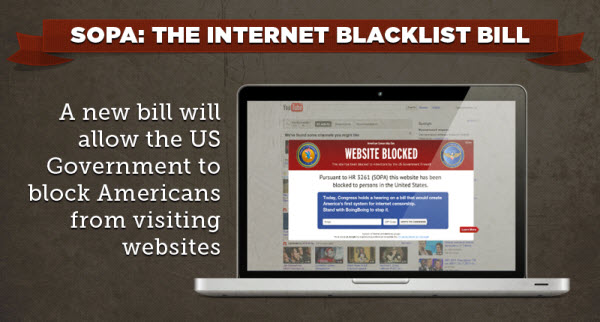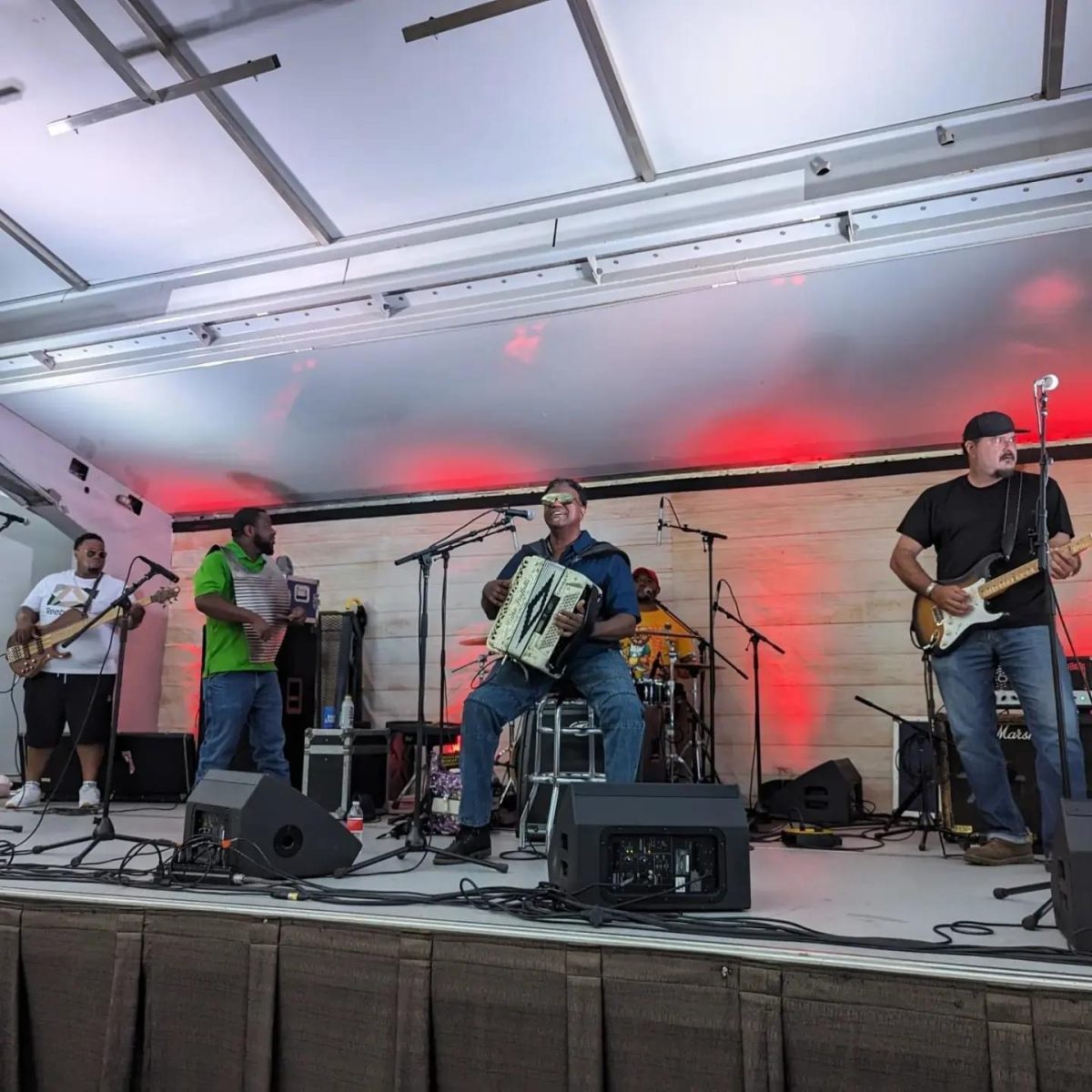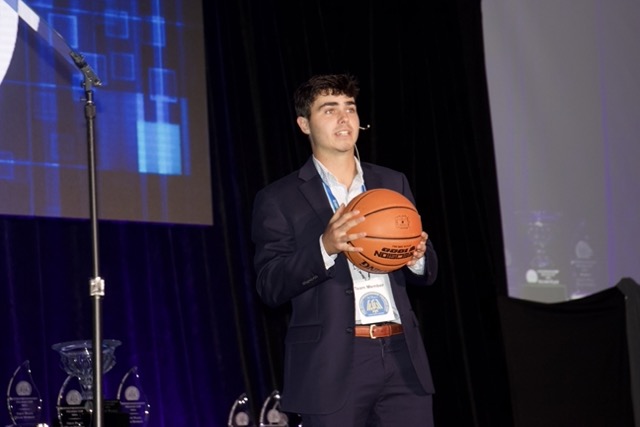America spoke, and Congress listened. The Stop Online Piracy Act (SOPA) and the Protect IP Act (PIPA) were suspended Friday until Congress can reach a consensus on the bills.
The highly controversial bills sparked protests by web giants Google and Wikipedia, which led to an overwhelming outcry from the newly informed American public. Wikipedia completely halted its service, greeting its users at the front door with a message to call their congressman. The blackout gave users a glimpse into what Wikipedia thinks could happen if SOPA/PIPA is passed.
“The story [here] is never underestimate the power democracy,” said Peggy Bowers, a mass communication professor at ULM. “We think we have no control. We think we have no power as a people, but when we talked they listened,” Bowers said.
In an interview, Bowers went on to talk about Lawrence Lessig, who is a professor at Harvard Law. Lessig argues people are sued for more money for infringing on copyrights than a doctor would liable for if he kills you.
Bowers thinks that there are two forces at work here: Free speech and the economy. She thinks that these two forces are continuously fighting each other. Free speech breeds new ideas, and new ideas are essential to democracy. The economy will naturally want to use what is guaranteed to make money. Ideas that are guaranteed are usually not creative, but rather have been tested in the market.
Google participated in protests last Wednesday by censoring their logo and linking it to information on the bill. Google received over 7 million signatures on its online petition against the bills, sending a message to Congress that America was watching. Many in Congress have either changed their positions completely,or have proposed delaying the vote until more information is available.
“Although I am committed to fighting online piracy, I support Leader Reid’s decision to delay a vote on the Protect IP Act,” U.S. Senator Mary Landrieu said in a press release. Landrieu is just one of the many public officials who have delayed taking any hasty action.
SOPA and PIPA, in the House and Senate respectively, are designed to combat media piracy. However, opponents to the bill say that SOPA/PIPA could prove detrimental to the Internet and the rights of the American people due to the fact that it is vaguely written. Opponents say that there are already enough laws on the books such as the Digital Millennium Copyright Act (DMCA) and the Pro-IP Act that are in place to protect intellectual property.
Congressman Rodney Alexander, said, “…the government typically has two responses for how it deals with issues: Do nothing at all or overact.” Alexander goes on to say, in his press release, that he favors protecting intellectual
property, but not at the chance of giving “faceless bureaucrats” more power.
Proponents of the bills continuously cite the protection of property from foreign pirates on the high seas of the Internet as their reason for supporting the bills. They know that DMCA and Pro-IP Act exist, but they think that stronger laws are needed to stop foreign-hosted web sites.









